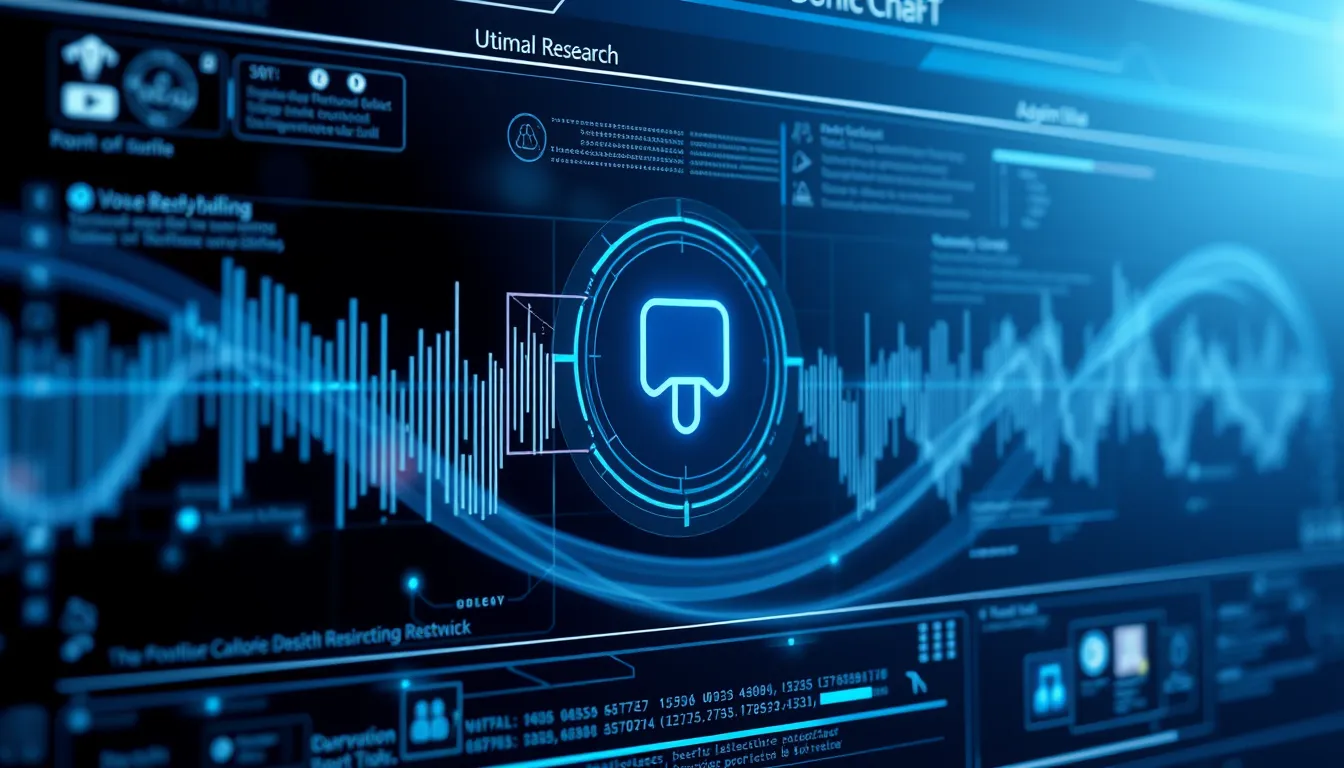Now Reading: Powerful AI in Healthcare Diagnostics: Boosting Patient Care
-
01
Powerful AI in Healthcare Diagnostics: Boosting Patient Care
Powerful AI in Healthcare Diagnostics: Boosting Patient Care

Powerful AI in Healthcare Diagnostics: Boosting Patient Care
Introduction
The rapid advancement of technology has given rise to artificial intelligence (AI) applications across many sectors, especially in healthcare. AI in healthcare diagnostics is not only revolutionizing patient care but also transforming conventional medical imaging and disease prediction techniques. In this article, we will explore how AI in healthcare diagnostics improves efficiency, precision, and ultimately patient outcomes.
Understanding AI in Healthcare Diagnostics
Traditionally, healthcare diagnostics has relied on human expertise which, while incredibly valuable, is prone to subjectivity and occasional human error. Today, AI in healthcare diagnostics uses advanced algorithms to analyze vast amounts of patient data quickly and with remarkable accuracy. This technological evolution provides critical support to healthcare professionals and enhances the decision-making process.
What is AI in Healthcare?
AI in healthcare utilizes machine learning, deep neural networks, and various computational models to process and evaluate medical data. Primary keywords such as AI in healthcare, AI diagnostics are integral since these technologies assist in identifying early symptoms and potential health risks.
Key Benefits of AI in Healthcare Diagnostics
- Improved Diagnostic Accuracy: Advanced algorithms narrow down possible conditions by comparing a patient’s historical and current medical data.
- Time Efficiency: Automated analysis aids healthcare providers in arriving at a diagnosis in a fraction of the time compared to traditional methods.
- Enhanced Imaging Analysis: AI medical imaging tools detect subtle anomalies in scans, contributing to early detection of diseases.
- Better Patient Outcomes: AI disease prediction not only guides prompt treatment plans but also contributes to preventive healthcare strategies.
How AI Improves Diagnostic Accuracy
One of the most compelling aspects of AI in healthcare diagnostics is its ability to improve diagnostic accuracy. By analyzing large datasets, machine learning systems can identify patterns that might be overlooked by human eyes. For instance, AI medical imaging algorithms are now capable of detecting tiny irregularities in imaging scans – a breakthrough that is leading to earlier detections of conditions like cancer and heart disease.
Moreover, long-tail keywords such as “how AI improves diagnostic accuracy” highlight this transformative aspect of modern diagnostics. AI systems do not stop at mere detection; they continuously evolve through new data inputs, making them more attuned and adaptive over time. This continuous learning process enhances precision, potentially reducing diagnostic errors.
Addressing the Challenges of AI in Healthcare
No technological advancement is without its challenges. The integration of AI in healthcare diagnostics comes with a set of hurdles that professionals and stakeholders must overcome:
- Data Privacy and Security: With patient data being a critical component, ensuring strict data security and maintaining patient confidentiality is paramount.
- Integration with Existing Infrastructure: Implementing AI tools in traditional healthcare settings can encounter resistance due to compatibility issues and the need for staff training.
- Regulatory and Ethical Considerations: The rapid integration of AI diagnostics calls for updated regulations to address ethical considerations and accountability.
Overcoming these challenges calls for collaboration between technology providers, healthcare professionals, and regulatory bodies. For more information on ethical guidelines in AI, you can visit the website of the World Health Organization.
The Future of AI in Healthcare Diagnostics
Looking ahead, the future of AI in healthcare diagnostics is promising. Innovations in AI technology have laid the groundwork for further advancements such as real-time patient monitoring, personalized treatment plans, and integrated health solutions. All these improvements benefit from secondary keywords like AI disease prediction, which are becoming increasingly crucial in predictive healthcare.
The increasing trend in the adoption of AI solutions is backed not only by improved diagnostic outcomes but also by its potential in reducing overall healthcare costs. Hospitals and clinics can harness AI tools to streamline operations, manage patient flow more efficiently, and ultimately provide more focused, patient-centric care.
Conclusion
In conclusion, AI in healthcare diagnostics represents a transformative move within the medical field. Its ability to enhance diagnostic accuracy, coupled with advancements in AI medical imaging and disease prediction, makes it a critical technology for modern healthcare systems. Although there are challenges, the benefits—ranging from improved patient outcomes to faster diagnosis times—are immense. As technology continues to evolve, staying informed about the impact of AI in healthcare diagnostics will be essential for both medical professionals and patients.
By understanding the benefits, addressing the potential challenges, and preparing for future innovations, healthcare providers can leverage AI to offer more effective and personalized care. The shift towards AI-enhanced diagnostics signifies not just a technological upgrade but a transformative approach to patient care that will shape the future of healthcare.
For further reading on AI diagnostics and innovative healthcare solutions, consider exploring resources provided by trusted technology news outlets and official websites of global health organizations such as the Centers for Disease Control and Prevention.
With these advancements, the journey towards smarter, more accurate diagnostics is well underway, heralding a new era in healthcare that benefits both patients and medical professionals alike.

























